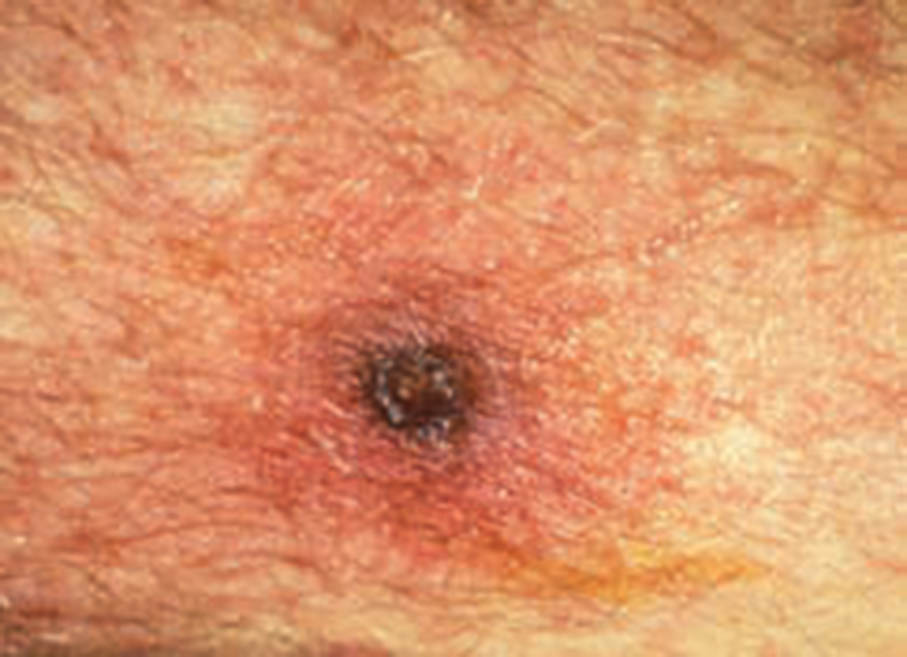A 66-year-old woman who was admitted to the private Kiang Wu Hospital on August 12 has been diagnosed with Tsutsugamushi Disease (aka scrub typhus) but has meanwhile recovered from the illness, the Health Bureau (SSM) announced in a statement yesterday.
It is the ninth scrub typhus case reported in Macau this year.
According to the statement, the local patient is a retiree who developed a fever and suffered from general malaise on August 9. The statement added that she sought treatment at Kiang Wu Hospital as her symptoms persisted even after taking medicine.
During a medical check, a bean-sized lesion was found under her armpit, the statement said, adding that the patient underwent a chest CT scan, which showed bilateral pneumonia.
After treatment, the woman’s condition improved and she has meanwhile been discharged from hospital, the statement noted.
According to the statement, the woman told the Health Bureau that her family members and friends had not developed similar symptoms, and that she had gone hiking in various places, such as near Taipa Houses, Ka Ho Reservoir, Hac Sa Reservoir and Long Chao Kok in Coloane, where she had walked through grasslands.
The statement noted that the resident had not left Macau during the incubation period of the disease.
Scrub typhus is an acute infectious disease caused by the bite of infected chiggers (also known as larval mites) carrying Rickettsia tsutsugamushi. The most common reservoir of Rickettsia tsutsugamushi is rodents inhabiting hot, humid and weedy areas. Mites can be infected with Rickettsia tsutsugamushi when they parasitise rats in the larval stage, and people can be infected by the bite of a larval mite with Rickettsia in grasslands.
The statement underlined that currently there is no vaccination to prevent the disease, but it can be effectively treated with antibiotics.
The bureau urged the public to take precautions when engaging in outdoor activities, including wearing long sleeves, using insect repellent with DEET and avoiding entering grasslands. They should also take showers and change all clothing after leaving susceptible areas where they could be easily infected with the disease. The bureau also urged people showing symptoms of the disease to see a doctor promptly.

This undated file photo taken from the US Centres for Disease Control and Prevention’s (CDC) website yesterday shows the eschar caused by the bite of a chigger.









